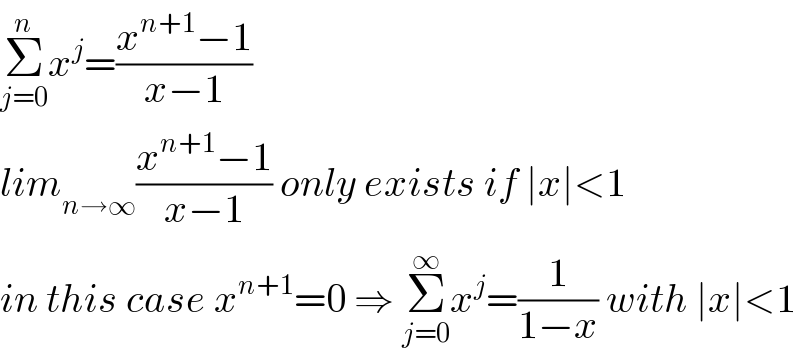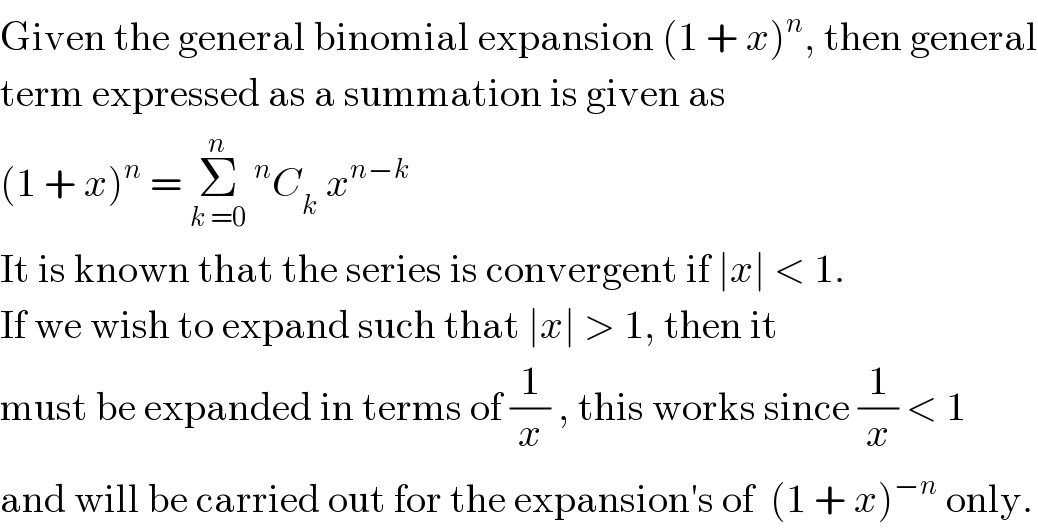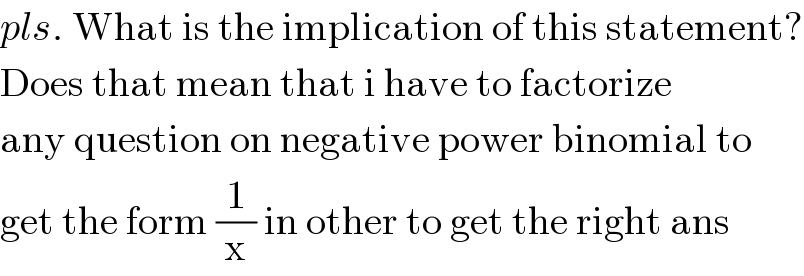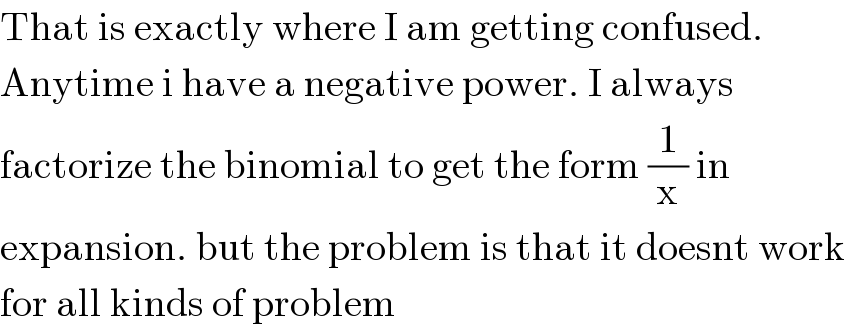
Question and Answers Forum
Question Number 109855 by aurpeyz last updated on 26/Aug/20

Answered by aurpeyz last updated on 26/Aug/20

Commented by mathdave last updated on 26/Aug/20

Answered by Her_Majesty last updated on 26/Aug/20

Answered by Rio Michael last updated on 26/Aug/20

Commented by aurpeyz last updated on 26/Aug/20

Commented by aurpeyz last updated on 26/Aug/20

Commented by Rio Michael last updated on 26/Aug/20

Commented by aurpeyz last updated on 27/Aug/20

